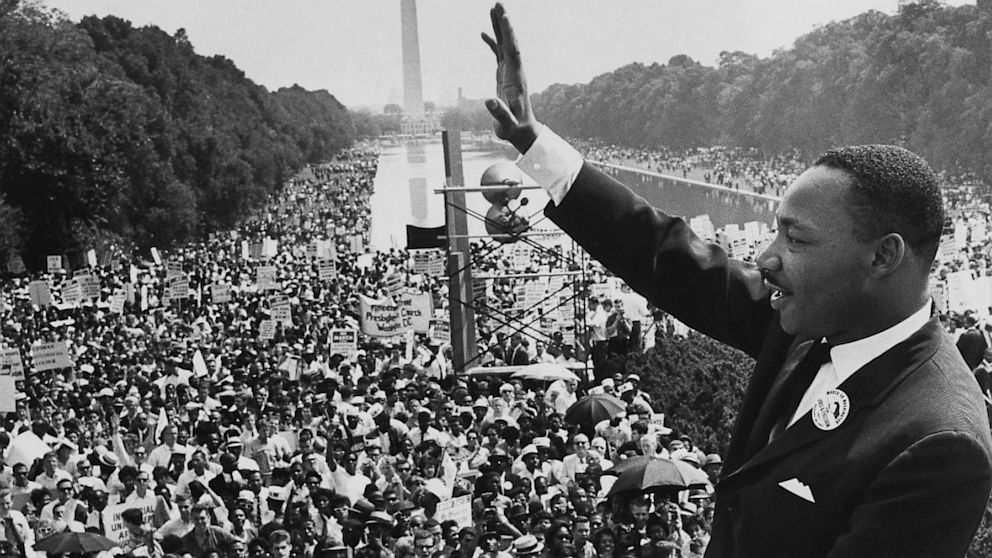Here’s a couple of concepts we generally know about MLK, but don’t often discuss:
- He cheated on his wife
- He smoked cigarettes fairly regularly; his autopsy at 39 claimed his heart was about 60
- He apparently plagiarized portions of his doctoral dissertation
- He potentially had limited ties to communist leaders
None of this is said in an effort to strike down Martin Luther King Jr. or hit at his legacy in any way. He is one of the most important people that lived in the last 100 years — and for America, he’s quite possibly one of the most important people ever.
Rather, there might be a broader lesson here.
Start with this assumption / logic:
No men — no people — are perfect.
If you believe that — or if you believe there was one perfect person in world history, and “we nailed him to a (expletive) cross” — then that’s a good place to start.
A lot of times, it seems that this idea of “leadership” — i.e. who will end up leading — comes down to looking the part (here’s an article claiming that). It’s often about the “right” people — which is very tied to the politics of the organization, of course — and this excludes, by definition, some people who are viewed as deeply-flawed or not fitting the bill. It’s kind of a microcosm of the whole idea that America would never elect a single President; you must, on surface, be a family man.
I think MLK, for the most part, did “look the part.” He seemed to predominantly dress well, and he often hid his smoking from the press because of concerns over backlash, etc. But just like other notable leaders of his time, i.e. JFK and LBJ, he was a flawed man. He preached and he spoke of morals, but he didn’t always abide by those in his own life. That happens to many people. Consistency is something we all chase, and struggle with, throughout life.
The idea of MLK as a leader, though, speaks to something bigger.
It’s this idea that when someone does something that seems courageous, it might not actually be courageous. It might be something they believe needed to be done:
It’s this idea that if you share your own beliefs, and connect with others, then your message can live on after you’re gone:
It’s this idea that if you never doubt the people you’re leading can arrive at the goal, that will inspire your team:
In short, some of the most basic, core tenet aspects of leadership are things that we essentially learned straight from MLK — and those ideas came to us even though he himself had flaws, just like any man has flaws.
The broader point here is that, over time, we’ve lost sight of what leadership really is. It’s not being the most political person in the room, or having the most connections, or getting the most re-tweets, or wearing the nicest suits, or being at the top of the hierarchy — it’s about finding the things you care about, connecting with others and showing them the purpose of those things, and believing in the people and the process as it goes.
That’s leadership. That’s courage. That should be the true lesson of MLK and of today.
So before you, as a manager, run to your next meeting or hop on your next conference call or fire off your next series of e-mails, stop and think about what it actually means to be a leader. If there are people under you, pause on your day-to-day deliverables described above. Go talk to them. Show them you care. Align their work with some purpose. Embrace this concept that ideas can come from anywhere.
You’re busy and you’re flawed, yes. But MLK was busy and flawed too, and he literally helped change America.
